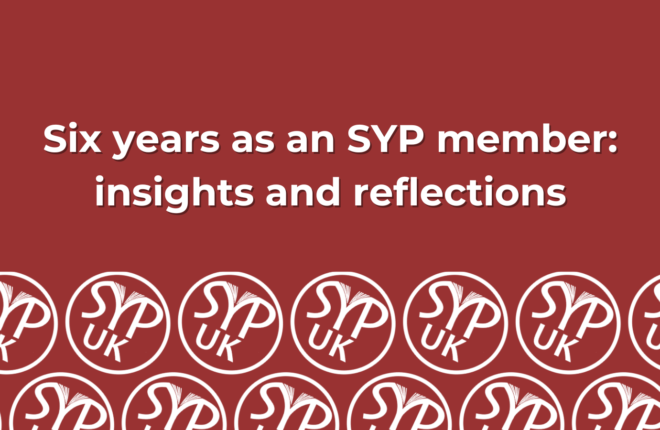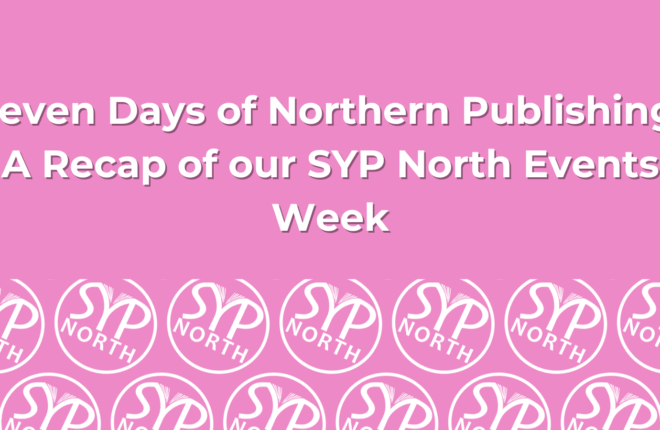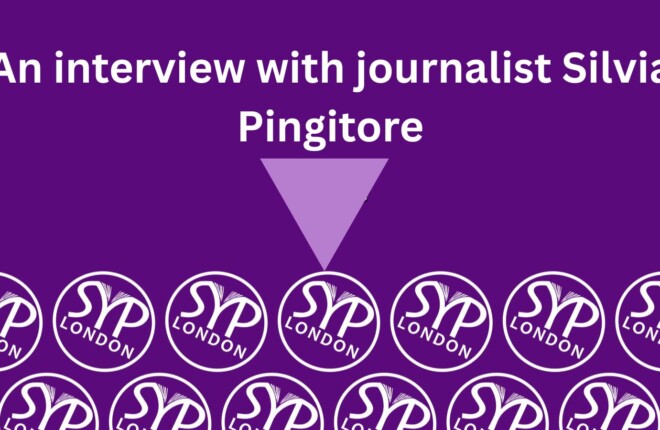
Where do I start? Developing skills for an entry-level role in publishing
Posted on March 4, 2024 in INTO, UK

If you’re reading this, you’ve most likely dipped your toes into the job hunting waters. In the publishing industry, these waters can sometimes feel very deep and very daunting. Not only is it competitive, but you’re often up against entry-level job descriptions that list endless ‘essential skills’, despite the key word being entry-level. When you decide you want to work in publishing, it’s difficult to know where to start.
A good way to prepare yourself, whether you’re beginning the process now, or thinking about it a few years down the line, is to start developing the basic skills that can equip you for an entry-level role. Of course things like internships or university courses are a good way to gain these skills, but they aren’t always easy to come by and they’re not easily accessible to everyone.
But fear not, there are plenty of other ways that you can develop the skills that you need for an entry-level role in publishing – things you can do from your own home and alongside your other commitments, a lot of things that you might even already be doing.
1. Participate in online courses
The best thing about online courses is the flexibility that they offer. Websites like Coursera and The Open University offer a wide range of free courses that you can participate in to grow your skillsl. From writing and editing to marketing and design, all of the courses are tailored to different levels. These courses are often led by industry experts who can offer valuable insights, techniques, and best practices tailored specifically to the publishing field. Some will even provide you with a LinkedIn certificate that you can add to your profile. The Publishing Training Centre and Get Into Book Publishing are two great websites that offer online training courses for people looking to get into publishing. These courses do incur a fee, but there is a discount available for SYP members. Find out more about becoming a member here.
2. Sharpen your writing and editing skills
Strong writing and editing abilities are indispensable in publishing, whatever department you’re hoping to work in. Practice writing regularly, whether it’s through journaling, blogging, student publications or freelance writing gigs. Hone your editing skills by proofreading and revising your own work, as well as providing constructive feedback to others. Universities often offer programmes that ask students to proof-read essays for exchange students — activities like this will help you to develop good attention to detail.
3. Expand your industry knowledge
The publishing landscape is constantly evolving with advancements in technology and changes in consumer behaviour. Stay informed about industry trends, emerging technologies, and new publishing platforms by reading relevant blogs, listening to podcasts, attending panels and webinars, signing up to newsletters, or following industry professionals on LinkedIn. It’s also important to learn about the different departments in the industry; lots of people working in the publishing industry are using social media to document what their job really looks like which is a great way to learn about the inner-workings of the industry and get some insight into the kind of role you might be interested in.
4. Develop your digital skills
Proficiency in digital tools and platforms is essential for entry-level roles in publishing and, again, this is something you can easily teach yourself from home. Familiarise yourself with content management systems, social media platforms, and digital marketing strategies through YouTube tutorials or online articles. Depending on the types of roles you’re applying for, it could be useful to have a basic understanding of design softwares such as InDesign, Photoshop and Canva — most of these offer a free-trial so you can familiarise yourself with how they work.
5. Read, read, read!
If you’re looking for jobs in publishing, you’re probably already doing this, but challenge yourself to read across a wider range of genres than you usually would. Try to read critically: pay attention to writing styles, themes, and audience appeal. This familiarity with literature will not only enhance your editorial skills but also help you understand market trends and audience preferences. Join a book club, participate in literary events (in-person and online) to provide yourself with opportunities to discuss different texts and explore diverse perspectives.
Not only will these things equip you with the necessary skills for an entry-level role, but showcasing them on your CV and cover letter will show that you’ve taken initiative to develop them, which is arguably the most valuable attribute that you can display in your application.




 Listen to the podcast
Listen to the podcast  Explore the Youtube channel
Explore the Youtube channel